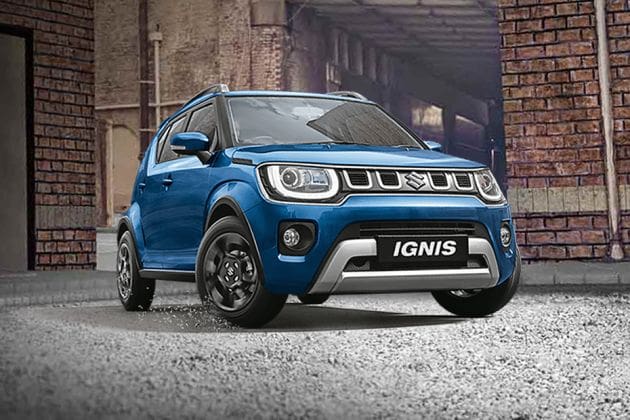Mercedes-Benz parent warns chip shortage may not entirely go away next year
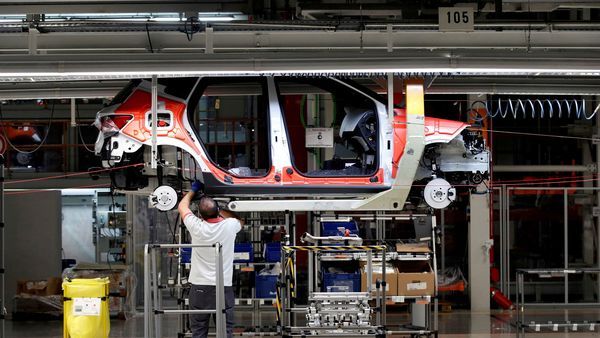

Parent company of Mercedes-Benz, Daimler AG's CEO Ola Kallenius has warned that global semiconductor chip shortage may not entirely go away just next year and could last until 2023. Owing to this shortage, Daimler recently cut the annual sales forecast for its car division. It projected that vehicle deliveries will be roughly in line with 2020 but not increase.
Mercedes-Benz has also been affected significantly by the shortage of semiconductor chips this quarter as its factory in Malaysia had to be shut down, which in recent years has emerged as the company's major center for chip testing and packaging.
Also check these Vehicles
Also Read : Auto shows are back and automakers have wheeling-and-dealing to do
Expressing optimism that the semiconductor crisis could start easing in the fourth quarter, Kallenius said that he has predicted a fallout from a “structural" demand issue.
Not just Mercedes, various other automakers in India and in other countries have been affected by the chip crisis. General Motors recently announced that it will decrease production at most of its North American factories due to the ongoing shortage. The chip crisis has hit the manufacturing of the automaker's profitable products that are truck and sport utility vehicles (SUVs).
Globally, others such as Ford, Toyota and Nissan have already announced production cuts or plant closures due to the semiconductor crisis.
Indian automakers including Tata Motors, Mahindra and Maruti have also warned of production cut due to chip crisis. Homegrown auto manufacturer Mahindra had last week announced it has opted for seven no production days across its plants. This will eventually result in a 25% production cut for the automaker.
Maruti Suzuki had earlier this month announced that it is expecting a slump in vehicle production in September by 40%. The production cut will be applicable at its plants in Haryana and Gujarat. In India, the production cut decision comes right ahead of the festive season, which is considered the best time for vehicle sales.
(with inputs from Bloomberg)








 998 cc
998 cc Petrol
Petrol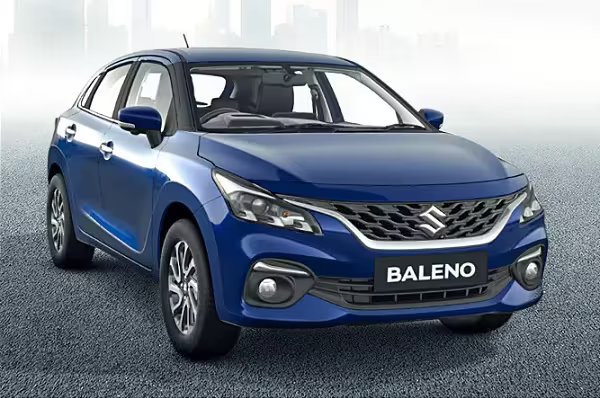
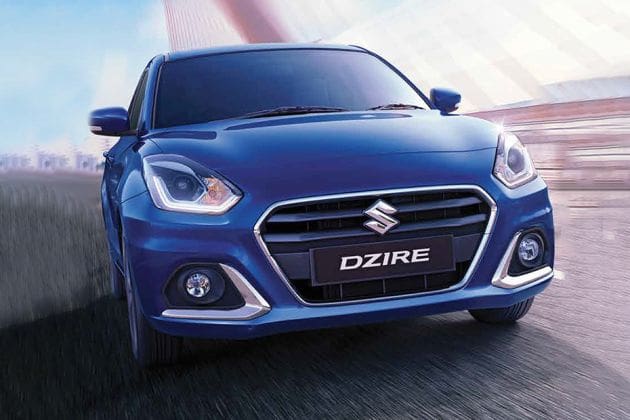
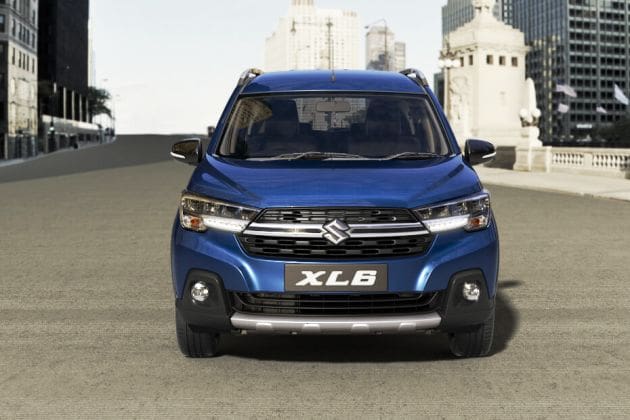
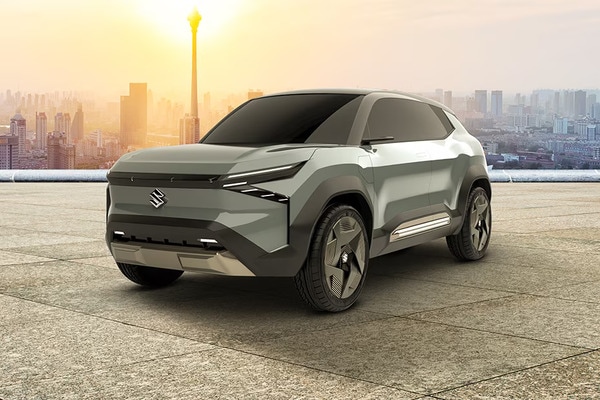
 60 kWh
60 kWh 550 Km
550 Km